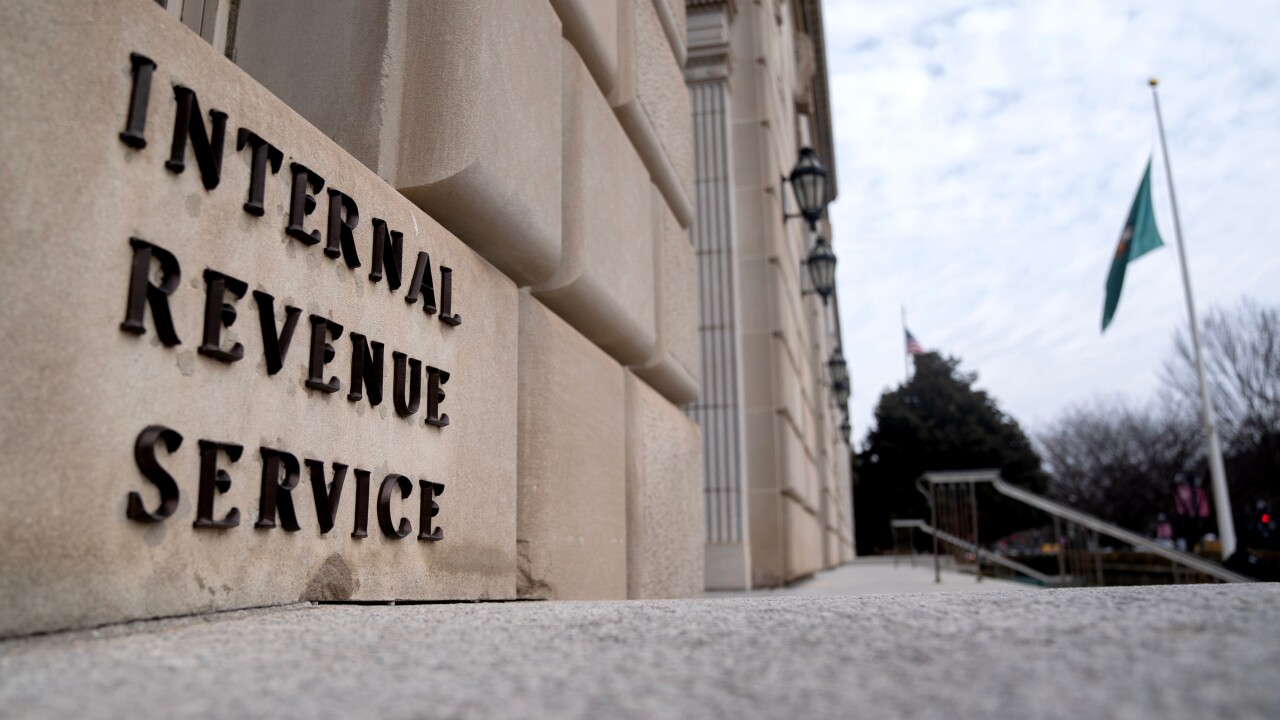(Bloomberg) — Consultants hired by the Obama administration told top officials at the White House and U.S. health department as early as March that construction of the government’s insurance website was at risk of failure, according to a document released by congressional Republicans.
McKinsey & Co. consultants recommended in a slide presentation prepared for administration officials that the government “streamline decision-making” for the site and “name a single implementation leader.” The New York-based consultants also said the administration should “lock down” technical requirements for the site by April 30. It’s not clear how many of the recommendations were followed.
Republicans on the House Energy and Commerce Committee, who obtained and released the document, said it shows promises that the project was on schedule were incorrect. A decision in September by health officials to let the insurance exchange open as promised on Oct. 1 exposed the public to a flawed website plagued by outages, garbled data and potential security holes.
“The website is still not functioning at an acceptable level,” Representative Tim Murphy, a Pennsylvania Republican who is chairman of the Commerce Committee’s Oversight and Investigations subcommittee, said at a hearing Tuesday. “The reason the trust of the American people may be so difficult to regain is because every day new revelations emerge that show this wreck was entirely foreseeable.”
Security threats
The McKinsey review of the insurance exchange website, Healthcare.gov, was “a standard process to identify potential risks and develop mitigating strategies,” the Centers for Medicare and Medicaid Services said in an e-mail from a spokeswoman for the agency, Patti Unruh. “The review was completed six months before the beginning of open enrollment, was in line with industry best practices, and was followed by concrete action to address potential risks.”
Henry Chao, the deputy chief information officer for the Centers for Medicare and Medicaid Services, told the committee today that he never saw the McKinsey review and that he’s confident that the exchange website is secure.
“There was one incident that I was aware of,” Chao said when asked whether any hackers had tried to get in to the website. He didn’t provide details. He said he isn’t aware of any successful hacking attempts and there have been no reports of major security threats since the site opened.
Presentation attendees
McKinsey made its presentation to a succession of officials at CMS, the Department of Health and Human Services and the White House in meetings in late March and early April, according to the congressional committee.
Officials who received the report included the U.S. health secretary, Kathleen Sebelius; the White House chief technology officer, Todd Park; CMS Administrator Marilyn Tavenner; director of the Center for Consumer Information and Insurance Oversight, Gary Cohen; and Jeanne Lambrew, director of the White House office of health reform.
Insurance markets in each state where people can shop for private health plans with the help of government subsidies are a core part of the Affordable Care Act. The federal government is running a site that serves 36 states where governors refused to cooperate or who were incapable of building themselves. The 14 remaining states created and are running their own sites.
Storing data
Republican lawmakers have criticized potential security flaws in the health exchanges as Obama administration officials said they have made protecting customer privacy a top priority in their efforts to fix the website. The government’s computer networks collect personal information such as family size and Social Security numbers, as well as financial records and other data from seven federal agencies to determine what health plans people can buy and whether they’ll receive tax credits.
Sebelius told senators at a hearing earlier this month that little of the information is stored by the government’s website, and insurers receive only enough to know who their customers are and how much they owe. Tavenner has said her agency has been making hundreds of fixes to healthcare.gov and conducting weekly and monthly security tests and promised to have a fully functioning website by the end of November.
The flawed roll-out of the exchanges have hurt enrollment, with 106,185 people signing up for private health plans through the exchanges last month. Health officials had a goal of enrolling 800,000 people through November and an estimated 7 million sign-ups were predicted for the first year.
About 275,000 people who tried and failed to sign up for health plans when the website debuted were being asked last week by the U.S. government to return and try again as the flaws are corrected.





